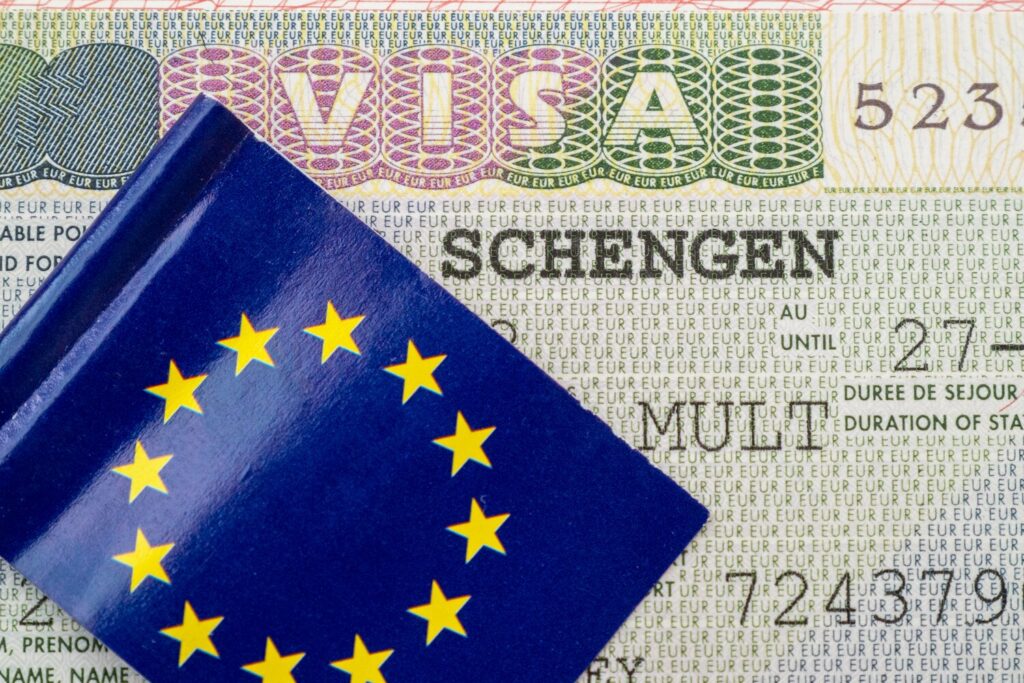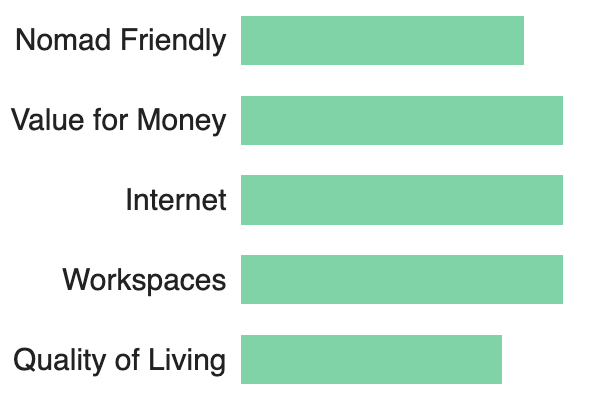
Bulgaria and Romania Set to Partially Join the Schengen Zone in March 2024
The European Union is set to witness a significant expansion of its Schengen area in March 2024, as Bulgaria and Romania are scheduled to join the EU’s passport-free Schengen zone for air and sea travel starting in March 2024.
Romanian Prime Minister Ciolacu confirmed the political agreement on social media, expressing his enthusiasm for the benefits this will bring to Romanians, particularly in terms of mobility by air and sea. Further discussions regarding the opening of land borders are set to take place within the coming year, with Ciolacu expressing optimism about reaching an agreement in 2024.
A Milestone in Schengen Expansion
The journey to this agreement, however, has not been without its challenges. On December 8, 2022, Croatia became the first nation to be accepted into the Schengen Zone in more than a decade, but Bulgaria and Romania had been blocked in the same vote. Austria, a key member state, had expressed reservations about the inclusion of Romania and Bulgaria in the Schengen zone, citing concerns over illegal immigration.
However, in a significant turn of events, Austrian Interior Minister Gerhard Karner announced a softening of this position in mid-December 2023. Vienna agreed to allow passport-free air travel from Romania and Bulgaria with the stipulation that more stringent border security measures must be implemented.
This diplomatic breakthrough was solidified on December 23, when Romanian, Austrian, and Bulgarian authorities reached a political agreement for partial entry into the Schengen zone. Romania’s interior ministry outlined that the application of Schengen rules to Romania’s land borders would be closely linked to the implementation of compensatory measures. These measures focus on strengthening border control and adhering to the Dublin Agreement, which governs asylum applications within the EU.
The opposition from Austria had been a topic of considerable debate, with critics arguing that it was driven more by domestic political pressures over immigration concerns than by substantive policy issues. They cautioned that such resistance could weaken the EU’s unity and fuel skepticism about the bloc, particularly in Eastern European countries.
How does this affect digital nomad travel?
The Schengen Zone, named after the 1985 Schengen Agreement signed in Luxembourg, is a unique area comprising 27 European countries that have abolished passport and other types of border control at their mutual borders. This zone allows for the free and unrestricted movement of people, goods, services, and capital without the need to go through immigration or show visas at each border within the zone.
The Schengen Area includes 23 EU member states along with four non-EU countries: Iceland, Norway, Switzerland, and Liechtenstein. Notably, not all EU countries are part of the Schengen Zone, with notable exceptions being Ireland and Cyprus. Non-EU residents are only allowed to travel within the entire Schengen Zone for up to 90 days within any 180-day period.
With Bulgaria and Romania joining the Schengen in March 2024, digital nomads will no longer be able to use these countries as places to spend 90 days outside of the Schengen area. This historic change will likely push digital nomads to spend more time in Balkan countries outside of the EU such as Serbia, Montenegro, and Albania if they choose to remain in Europe.












Responses